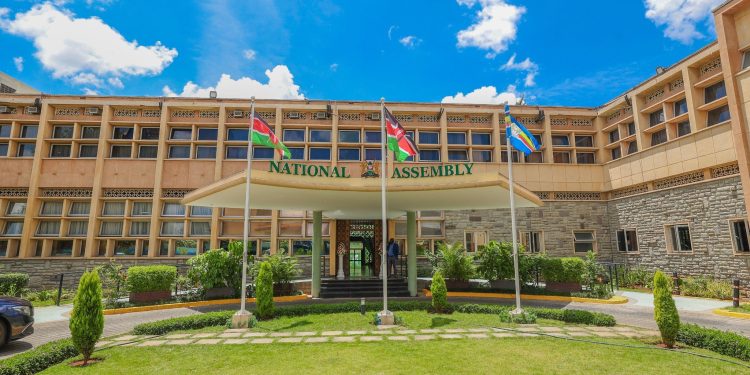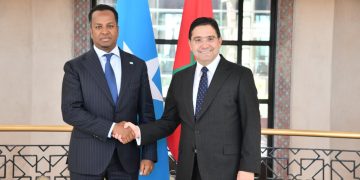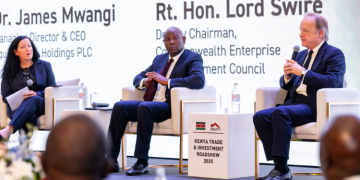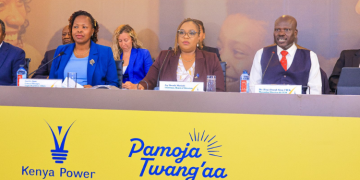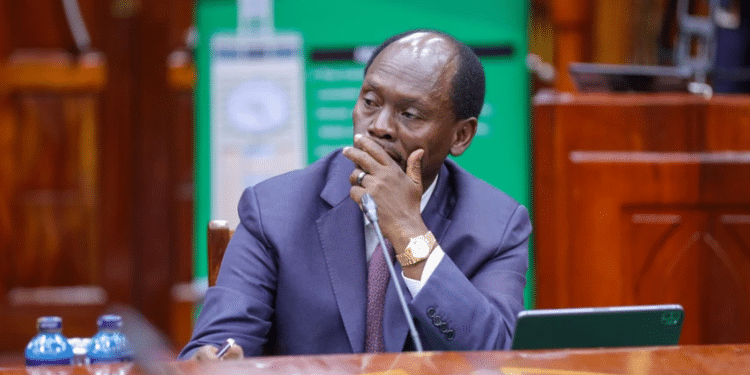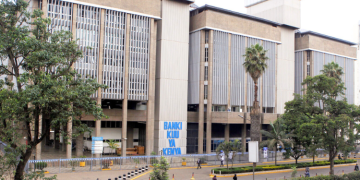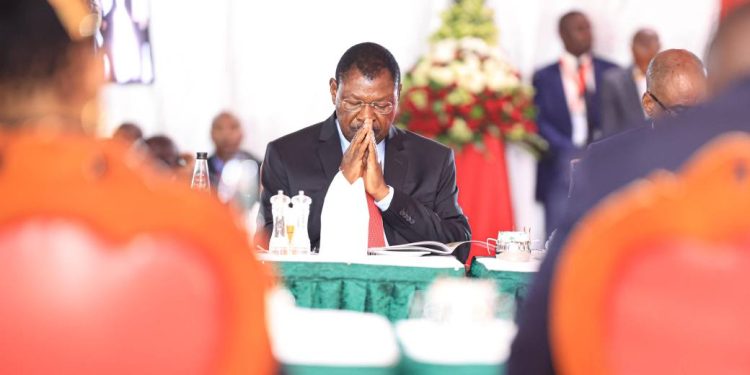President William Ruto’s allegations that Members of Parliament (MPs) are demanding bribes from the executive, governors, and cabinet secretaries have shaken the country. The accusations expose an open secret Kenyans have whispered about for years: the corridors of power have become marketplaces where policy and legislation are auctioned to the highest bidder.
But in this scandal, there are no innocent parties. For every greedy MP stretching out a hand, there is a willing executive, governor, or business leader sliding cash across the table. Both the bribe taker and the bribe giver are guilty, and together they form the rotten alliance that fuels Kenya’s culture of impunity.
The Depth of Rot
Bribery in Parliament is not merely a story of corrupt politicians—it is also a story of powerful companies and public officials who bankroll this system.
Executives seeking favorable tax breaks, policy exemptions, or protective legislation are as complicit as the MPs who pocket the cash.
Also Read: Ruto Orders Arrest Of MPs Who Received Ksh10 Million Bribe
One cannot exist without the other. The giver oils the machinery of corruption just as much as the taker, and both bleed the nation of its integrity.
The Cost of Corruption
This toxic exchange is not a victimless crime. Bribery erodes public trust, cripples service delivery, and bends laws to serve private gain rather than the public good.
When policies are bought and sold, citizens lose. Roads remain unbuilt, hospitals lack medicine, and schools go without resources, while politicians and business elites get richer.
Kenya’s development is held hostage by the selfish transactions of a few.
Accountability Must Be Shared
The Ethics and Anti-Corruption Commission (EACC) has long been accused of playing catch-up—or worse, looking the other way when the culprits are high-ranking. But the demand for accountability is now deafening.
Ruto’s administration cannot cherry-pick villains.
If MPs are corrupt, so too are the governors, CEOs, and cabinet members who pay them off.
Justice must pursue both sides of the bargain with equal vigor. Anything less would be hypocrisy.
Toward Real Reform
If Kenya is serious about breaking this cycle, reforms must target the entire ecosystem of corruption—not just the easy scapegoats.
The culture of bribery thrives because of weak oversight, compromised institutions, and a dangerous tolerance for graft at all levels of society.
Rebuilding trust requires a reset:
Zero Tolerance for Both Sides: Treat bribe givers and takers with the same severity. One cannot bribe without the other.
Transparent Governance: Make legislative and executive decisions open to scrutiny, shielding them from the shadows where money changes hands.
Also Read: Felix Koskei Issues Directives to CEOs in a Bid to Crack Down on Corruption
Independent Oversight: Strengthen institutions like the EACC and judiciary so they can pursue high-profile offenders without political interference.
Civic Responsibility: Citizens and the private sector must reject the excuse that bribery is “how things get done.” Every time someone pays a bribe, they tighten corruption’s grip on the country.
Conclusion
The bribery scandal in Kenya’s legislature is more than a headline—it is a mirror reflecting how deeply corruption has sunk into our political and economic life.
To stop the rot, Kenya must abandon the illusion that only MPs are at fault. The bribe taker and the bribe giver are partners in crime, and both must face the law.
If this moment is wasted, we risk normalizing a system where money—not merit—dictates Kenya’s future.
The public is watching, angry, and impatient. The question is whether leaders will finally act with courage, or continue to let Kenya’s destiny be sold to the highest bidder.
Follow our WhatsApp Channel and join our WhatsApp Group for real-time news updates.
